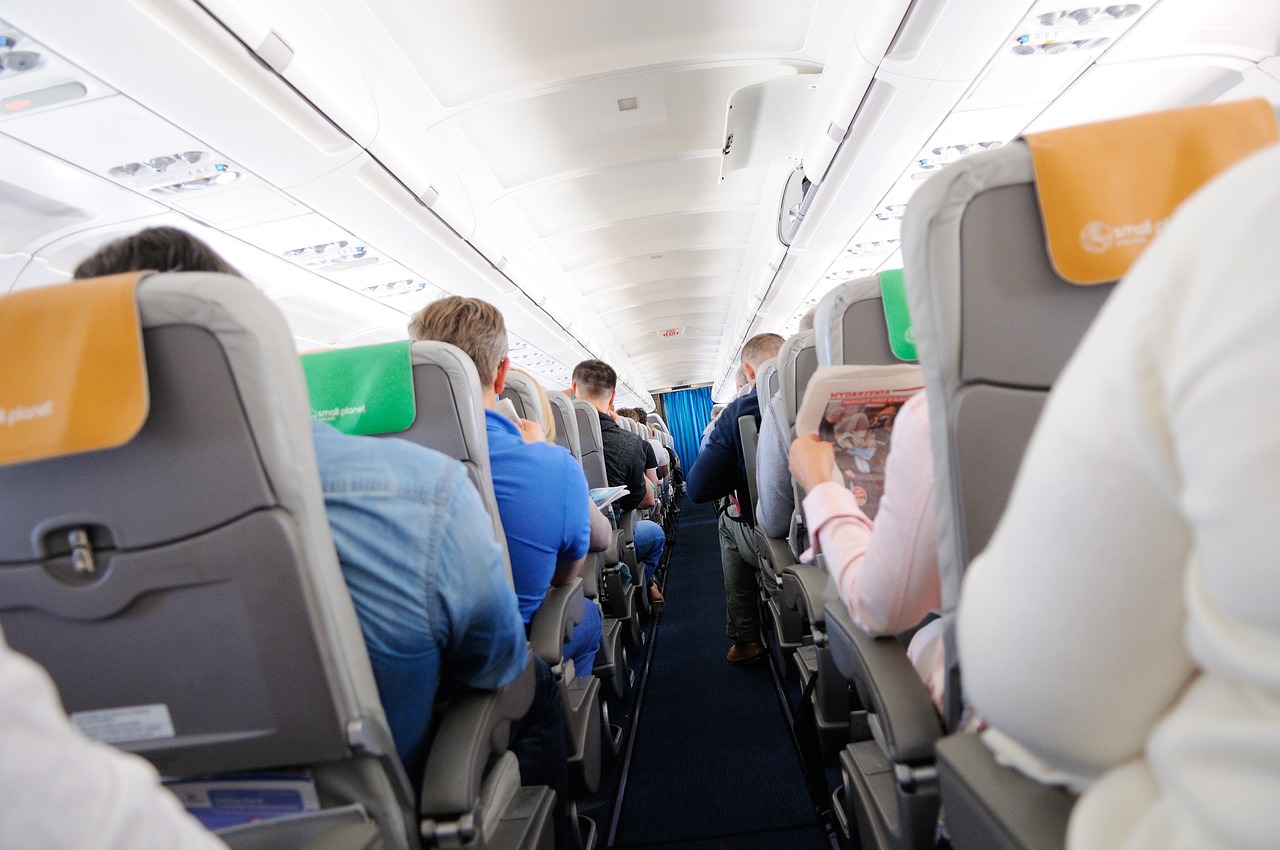Traveling internationally is an exciting experience that exposes you to diverse cultures and beautiful destinations.
While international travel is generally safe, it’s essential to take precautions to ensure your trip remains enjoyable.
Here are some top safety tips to consider before embarking on your international journey:
12 Safety Tips for Traveling Abroad with Confidence
We do not wish the worst to surface, however, it’s better to be caught on prepared grounds than unawares.

Here are things to keep in mind and some to watch out for:
#1. Get a Checkup and the Appropriate Vaccines
Before you travel abroad, it’s crucial to have a thorough medical checkup to ensure you’re healthy enough for the trip.
Additionally, some countries require specific vaccinations for entry.
Research the health concerns of your destination and get the necessary immunizations to protect yourself from potential illnesses.
#2. Make Electronic Copies of Your Documents
Ensure you have digital copies of essential documents, including your passport, medical insurance card, travel insurance, itinerary, and plane tickets.
Email these copies to yourself and store them in your inbox. This way, you can easily access the information from your smartphone if your physical documents are lost or damaged.
Read Also: What are the Requirements to Travel to the US as Teacher
#3. Don’t Carry Everything Together
Avoid keeping all your valuables, such as cash, credit cards, and identification, in one place, like your wallet.
Store some money, cards, and IDs in your hotel room safe, and carry only what you need for the day. This strategy minimizes the risk of losing everything in case of theft.
#4. Don’t Carry Things in Your Back Pocket
Certain tourist areas are prone to pickpocketing, making it important to avoid placing items in your back pocket.
Keep your wallet, small purse, and other valuable items somewhere more secure, like a front pocket or a crossbody bag.
#5. Keep Items to Your Front
Whether you’re at a café or a restaurant, avoid leaving your bags unattended.
Instead of hanging your purse on the back of a chair or placing your bags at your feet, keep them in your lap or at the front of your feet, with the straps wrapped around your leg. This precaution prevents quick snatch-and-run thefts.
Also Read:Zero Skilled Jobs in the UK for Foreigners
#6. Look Back When Leaving
Before you leave a location, take a moment to glance back and ensure you haven’t forgotten any personal items.
This simple practice can help you avoid leaving behind valuable belongings like purses or shopping bags.
#7. Don’t Bling About
While you might want to showcase your jewelry or expensive gadgets, it’s safer to leave them at home.
Flashy jewelry and expensive electronics can attract the attention of thieves.
Opt for a more understated appearance that doesn’t make you a target for potential muggings.
Also Read: How to Migrate to the UK With the Healthcare Visa
#8. Don’t Talk to Strangers
While meeting new people is part of the joy of traveling, exercise caution when engaging with strangers.
Avoid sharing personal information or life stories with individuals you’ve just met.
Stick to the same safety guidelines you’d advise your children and be selective about the information you disclose.
#9. Don’t Solicit Panhandlers
Many travel destinations have areas with poverty, and panhandlers might approach you for help.
While you might want to assist, it’s safer to refrain from giving them cash or belongings directly.
If you’re interested in supporting local communities, research and donate to reputable local charities instead.
#10. Don’t Try to Be a Hero
In unfortunate situations like a mugging, prioritize your safety over your belongings.
It’s not worth risking injury or worse to protect your cash, credit cards, or identification.
Cooperate with the perpetrator and, once you’re out of danger, report the incident to the nearest appropriate authority or U.S. Consulate.
#11. Avoid Using Your Credit Card at Internet Cafes
While internet cafes are convenient for staying connected while traveling, be cautious when using your credit card for payment.
Criminals sometimes use keylogger software on these computers to steal credit card information.
It’s safer to pay for computer use with cash to prevent identity theft.
#12. Don’t forget your International Insurance
Before embarking on your international journey, ensure you have appropriate travel insurance. Your regular health insurance might offer limited coverage abroad.
However, it’s wise to have comprehensive coverage that accounts for potential illnesses, injuries, or emergencies while you’re in a foreign country.
Similarly, consider insuring your belongings to protect against loss or damage during your trip.
Quick Read:Permanent Residence through the New Brunswick Critical Worker Program
FAQs
Is international travel safe?
Yes, international travel is generally safe. However, taking safety precautions is essential to ensure a smooth and enjoyable journey.
Do I need vaccinations before traveling internationally?
Some countries require specific vaccinations for entry. Research your destination’s health requirements and make sure to get the necessary immunizations.
What documents should I have digital copies of?
It’s recommended to have digital copies of your passport, medical insurance card, travel insurance, itinerary, plane tickets, and visas. Email these copies to yourself for easy access.
How can I avoid pickpocketing while traveling?
Don’t keep all your valuables in one place. Store some in your hotel room safe and carry only what you need. Avoid putting items in your back pocket and keep bags in front of you.
Conclusion
While meeting new people can be rewarding, be cautious about sharing personal information. Stick to the same safety guidelines you’d advise at home.
Research local charities and donate through reputable channels instead of giving money or belongings directly to panhandlers.
Prioritize your safety over your belongings. Cooperate with the perpetrator, and once safe, report the incident to the nearest authority or consulate.